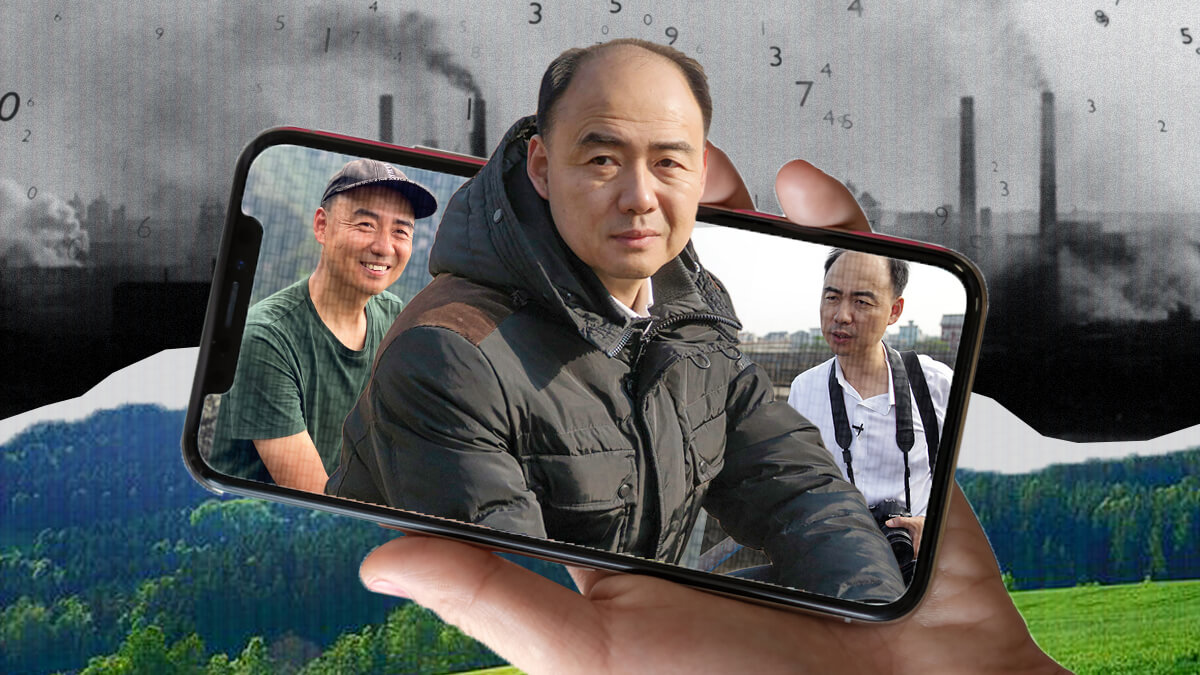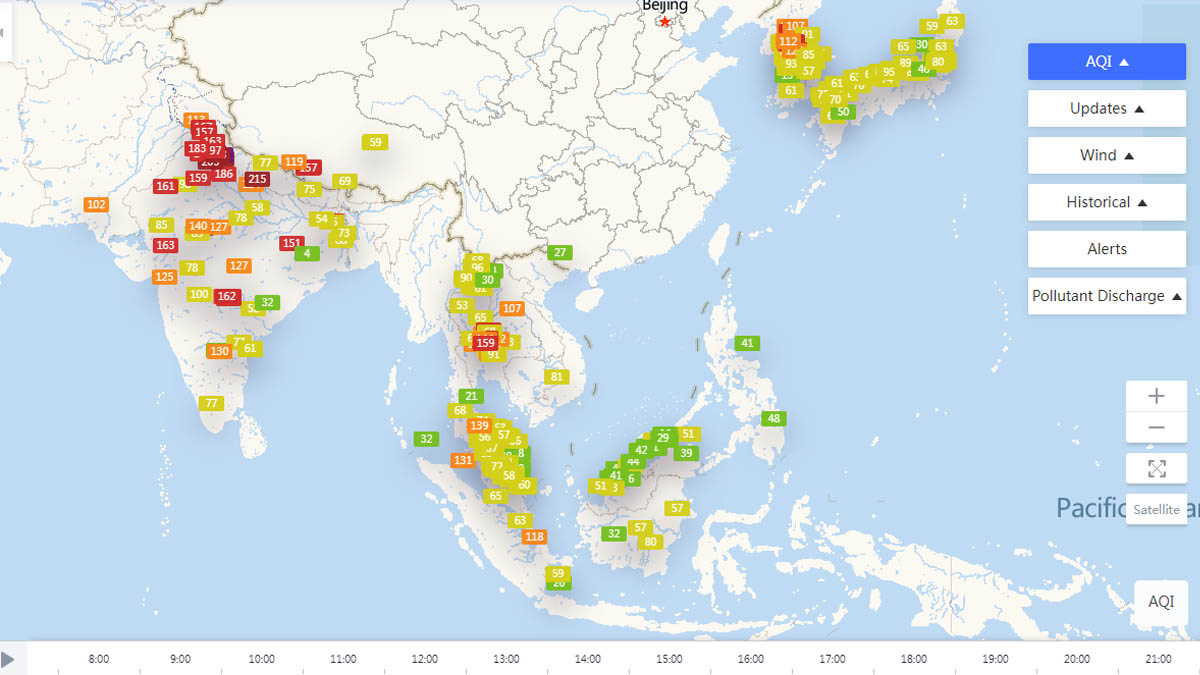Join us in our 65th Anniversary
GET INVOLVED

by MA JUN
2009 Ramon Magsaysay Awardee, China
With more than 130 countries and regions joining the global Race to Zero, an unexpected global energy shortage cast a shadow over the prospect for emission reductions in the near term. Furthermore, the on-going pandemic and rising geopolitical tension is causing disruptions to the global supply chain. When major economies turn to develop massive redundant capacities to ensure energy, food and industrial supply security, the emission will go up, as we have seen in 2021. This will make a profound impact on the global climate agenda, which requires dramatic and immediate cuts in fossil-fuel use.
It is obvious that the transition to low carbon is far from being accomplished and is tougher than many expected. How to hasten the process of carbon peak and neutrality while balancing economic growth with environmental and climate goals becomes a question that environmentalists need to think about and respond to.
We believe it is highly important to draw on the experience of dealing with local pollution. As the developer of the Blue Map pollution database, we have seen how environmental transparency can inform and empower stakeholders to take action to improve air and water quality, reducing China’s air pollution by half in just eight years. That is roughly the time frame in which the world must cut carbon emissions by half in order to limit warming to 1.5ºC.

As we stick to our assumption that access to information is the prerequisite to facilitate extensive and effective stakeholder participation, we are expanding the same approach to climate change, by creating a Zero Carbon Map, a greenhouse-gas database similar to our Blue Map pollution database, for different regions and industries. The Zero Carbon Map makes emissions data easy to access and understand through visualization and mapping.
The Carbon Peak and Neutrality pledge made by China in 2020 must be delivered by various regions and sectors. While the central government in China issued the top national guidelines, we have co-developed carbon peak and neutrality index to create positive incentives for regions to initiate more ambitious but coordinated decarbonization actions based on scientific assessment of the performances and trends of major provinces and cities.
As the factory of the world, 68% of carbon emission in China is related to industrial production. We have upgraded our corporate Climate Action Transparency Index and assessed the performances of 662 companies in 2021, which covers about 10% of China’s greenhouse gas emission. It is highly encouraging to see the Chinese Ministry of Ecology and Environment promulgated in February, 2022 a new by-law on mandatory corporate disclosure, requiring listed companies and major factories to individually report their environmental and GHG emissions. We are incorporating this information into our Blue Map Database and tools as it becomes available.
Low carbon transition also requires citizens to green their lifestyle. To help consumers make greener choices, we are co-developing a new platform of China’s own life cycle emission factors that will be essential to properly label the carbon footprint of specific products. The initiative has already garnered significant interest from multinational and local corporations, motivated by China’s carbon neutrality drive and rising consumer attention in China and abroad.
We are encouraged to see how brands, banks and investors are tapping into the Blue Map database in their sourcing and investment processes, motivating thousands of companies to enhance performances and to figure out their carbon footprints for the first time using our digital carbon accounting platform. More innovative solutions are needed for us to bend the curve faster in this massive global low carbon transition.
MA JUN is the founder of Institute of Public and Environmental Affairs (IPE), a leading environmental NGO in China committed to promoting transparency around pollution issues in the country. In 2009, MA JUN received the Ramon Magsaysay Award, Asia's premier prize and highest honor, for "his harnessing the technology and power of information to address China's water crisis, and mobilizing pragmatic, multisectoral and collaborative efforts to ensure sustainable benefits for China's environment and society."